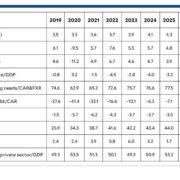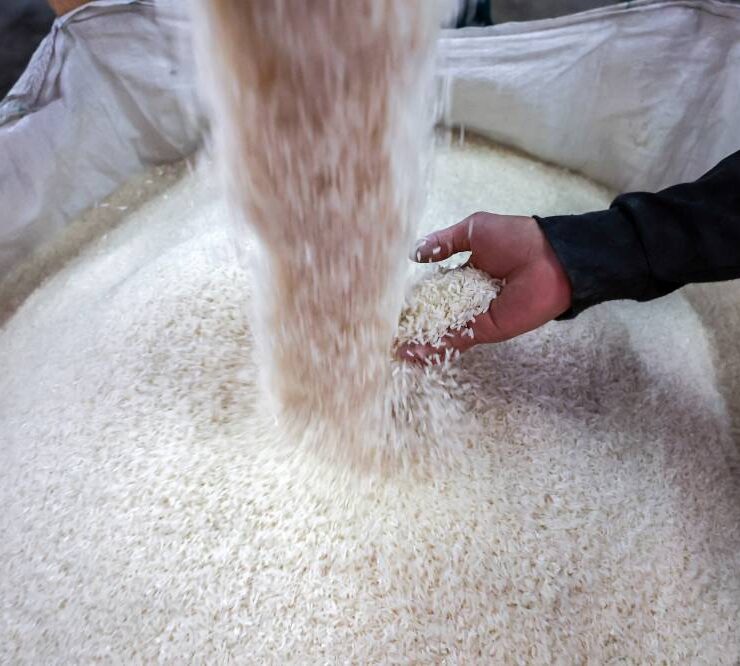Deceitful marketing strategy

Last week, the Department of Agriculture (DA) announced that it will proceed with its plan to remove brand labels on imported rice in order to prevent the manipulation of the prices of that staple food.
The DA said the words “premium” and “special” will not be allowed to describe imported rice sold in the markets because some rice dealers are using those labels to justify inflated prices, which defeat the government’s program to make rice more affordable to the people.
It warned that rice importers who refuse to comply with its directive would not be given permits to import rice.
As expected, the rice dealers concerned expressed their opposition to that plan because it would allegedly sow confusion, without elaborating on how that would happen.
Apparently, they are worried that if the DA pushes through with its “no rice branding” policy, their profits would be adversely affected.
Note that the price of rice is a highly political issue and with the coming midterm elections in May, it is a matter of serious political concern to the government.
This branding controversy brings to mind the so-called “colonial mentality” of some Filipinos who think that a product made in, say, the United States, is of better quality compared to something similar that is made in the Philippines. And because of that, its high price is justified or worth it.
Notice that when a seller of a locally-made product is asked where it came from or who manufactured it, the usual nonchalant reply is “local lang yan” (only made in the Philippines) as if to imply that it is of poor or lesser quality.
When the words “premium” or “special” are appended to imported rice, a subtle message is being conveyed to the prospective buyer that it is superior in quality to rice planted by Filipino farmers.
The subliminal spiel is, since imported rice is tastier or more pleasant to eat than those that are locally produced, it’s only “fair” that its buyer pay the price to have a more enjoyable meal. If you can afford it, then go for it.
And oops, if you cannot, you may just have to content yourself with eating less quality rice and miss the joy of pleasurable meals.
The branding strategy is aimed at taking advantage of the gullibility of some Filipino consumers on the choice of their foods that advertisers have mastered. It affirms the saying “a sucker is born every minute.”
The fact that the DA had taken note of this practice and threatened to withhold import permits to rice importers who engage in it indicates that the strategy is working and raking them in lots of profits.
And to further boost the flow of money, the next step would perhaps be to disparage the quality of locally-produced rice and proclaim the high nutritious value of imported rice, its inflated price notwithstanding. Or worse, repack locally-produced rice and pass them off as imported and sell them at higher prices.
The two adjectives used to describe imported rice are in the same league as the words “best,” “most famous,” “world renowned” or “most popular” that marketers use to promote their products or services.
(Incidentally, if a product is being advertised as “world famous” or “No. 1 in the world,” it would be interesting to find out how that product earned that distinction.)
Those superlative words have proven to be effective in drawing, at least initially, the attention of the products’ intended market. Once that is drawn, the person behind the counter would have the opportunity to make the proper sales pitch.
Although the advertising industry in the Philippines has strict rules on the use of those words in the promotion of goods and services, they are more observed in breach or sparingly enforced.
If the adjectives the DA wants rice importers to refrain from using to describe their product are dropped, would it be okay for them to use instead “high grade” or “Class A” or other words of the same effect?
It would be back to the drawing board for marketers and advertisers.





















